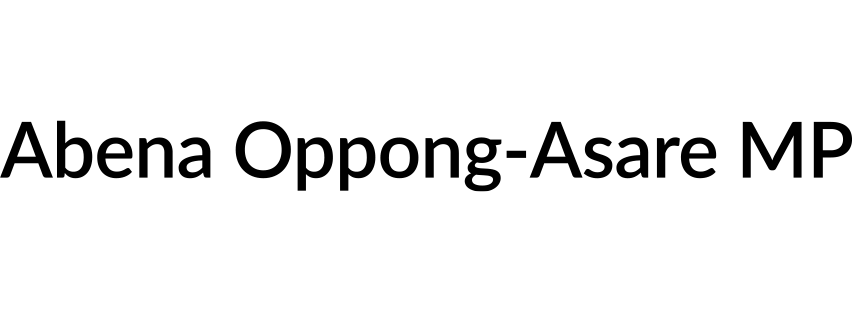We need a Back to Work Budget for Erith and Thamesmead
It is clear the Government was too slow to recognise the scale of the health crisis from coronavirus and we are already paying the economic price.
I am increasingly worried that the slow and muddled health response is now being followed by a slow and muddled response to saving jobs. The window is closing to protect existing jobs and encourage firms to invest in creating new ones.
There were 2,780 people in Erith and Thamesmead claiming for Universal Credit and other benefits last month, a rise of 132% since the outbreak of coronavirus. Although this is an imperfect measure of unemployment, it hints at the scale of the looming jobs crisis in our community.
Reports the government has pushed back its next full budget to the Autumn worry me, as we’re already behind other countries like Germany, which announced a full economic package weeks ago.
We need an urgent package of economic measures with a clear focus: Jobs, Jobs, Jobs.
Supporting this, we need a strategic withdrawal of support schemes tailored to the needs of specific sectors and areas.
Nearly 1 in 4 people of working age in Erith and Thamesmead are relying on the Job Retention Scheme (16.7%) or the Self-Employment Income Support Scheme (7.22%).
Labour called for and welcomed these schemes, but we are concerned about their abrupt withdrawal which risks pushing millions of people into unemployment. The Chancellor plans to withdraw support for all sectors and areas of the economy at once and has not linked his plan to other public health measures, such as easing social distancing guidelines where it is safe to do so.
This one-size-fits all approach won’t work for sectors like hospitality. Pubs, restaurants and cafes will be operating well below capacity when they eventually reopen, and their fortunes are closely linked to the decisions that are taken on social distancing. It makes no sense to withdraw support for the 2,315 hospitality workers in Erith and Thamesmead at the same time as sectors that are operating as normal and will need less support.
Similarly, firms relying on tourism face losing the majority of trade from the summer high season. Snatching away all support in October, just as the high season ends, could be ruinous for the tourism sector and the roughly 1,640 jobs it creates in Erith and Thamesmead.

